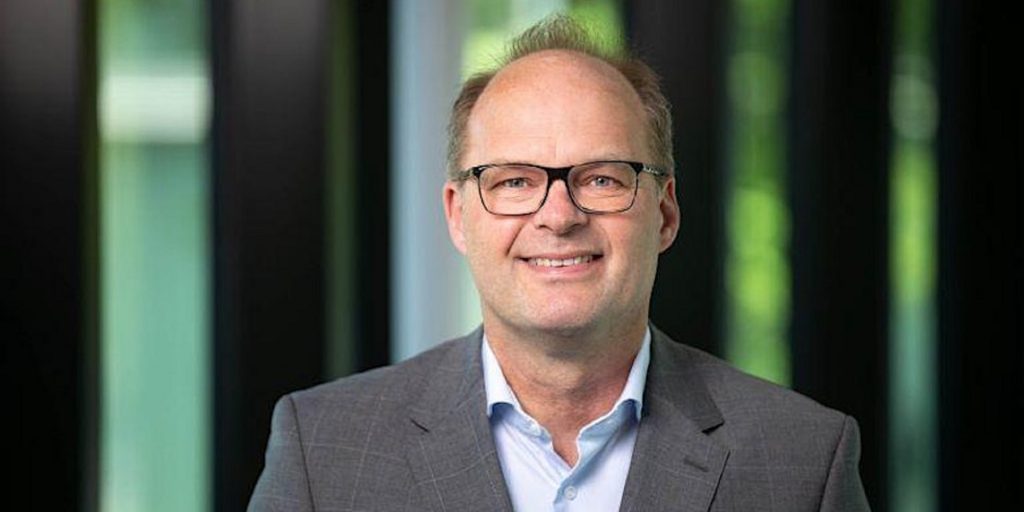We’re delighted to host Prof. Bram Nauta’s IEEE SSCS Society Talk on 27th July 2023 in Tyndall National Institute from 4.00 to 5.30pm.
Dr. Bram Nauta, Distinguished Professor at the University of Twente, the Netherlands, will present a forward-looking talk on his “Transceiver Roadmap for 2035 and Beyond”. In this talk, we will learn from him what the RF transceiver may look like fifteen years from now and what is the research needed to get us there.
You can register Here
Abstract:
During the past decades, wireless communication has made an enormous growth. Triggered by a large R&D effort, the integration of transceivers in CMOS technology has made low cost mass production possible. For many applications like Bluetooth, a single chip CMOS transceiver can now do the job. On the other hand, for complex transceivers like in modern smartphones, still more discrete RF components such as filters, switches and diplexers are being added to protect the transceiver from strong interferers which are often produced by the device itself. To satisfy the future bandwidth hunger, the number of frequency bands will further increase, modulation schemes will become more complex, more antennas will be used and carrier aggregation will be the norm. To limit the number of discrete RF components, linearity of the transceivers is key.
Since more computing power will be needed in future transceivers as well, newer CMOS technologies are also wanted. CMOS technology will scale in favour of fast-switching digital circuits, but not for classical analog functions, like amplifiers.
For the next fifteen years, re-thinking of basic circuits and systems will be needed to make highly integrated linear transceivers, in a technology that is designed for digital circuits.
Further information can be found Here

